
Tag Archives Organic food
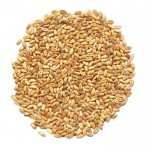
Prairie-wide innovation fund for organic grains soon underway
Demand for organic grains increasing while maintaining the supply poses problems

Diversifying the small family farm
The best way to avoid pitfalls in new markets — seek the advice of successful sector counterparts
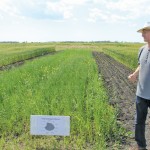
Will it be chess or checkers?
A researcher explores different ways of sustainably playing the farming game
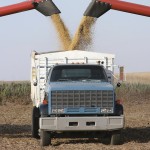
Conflicting ideologies cloud debate on farm chemicals
Chemical farmers view the notion that organic is more profitable as just plain wrong
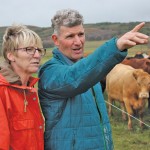
New study investigates success of local organic farm
Biology professor from Brandon expects to learn a lot from closed-system operation
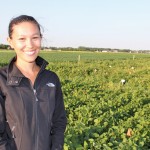
Evaluating soybean varieties for suitability in organic production systems
Organic growers in Manitoba have limited options right now

Study documents benefits of organic farming
Organic crops had 18 to 69 per cent higher concentrations of antioxidant compounds meaning consumers get more nutrition per calorie
Conservation not a hippie delusion
Small-scale farmers can implement conservation agriculture and improve soil health in developing areas, often by using a mix of science and local knowledge
Looking below the surface
New technology, drones and gadgets part of 2014 Crop Diagnostic School
There’s also a one-day Organic Diagnostic Clinic July 18


